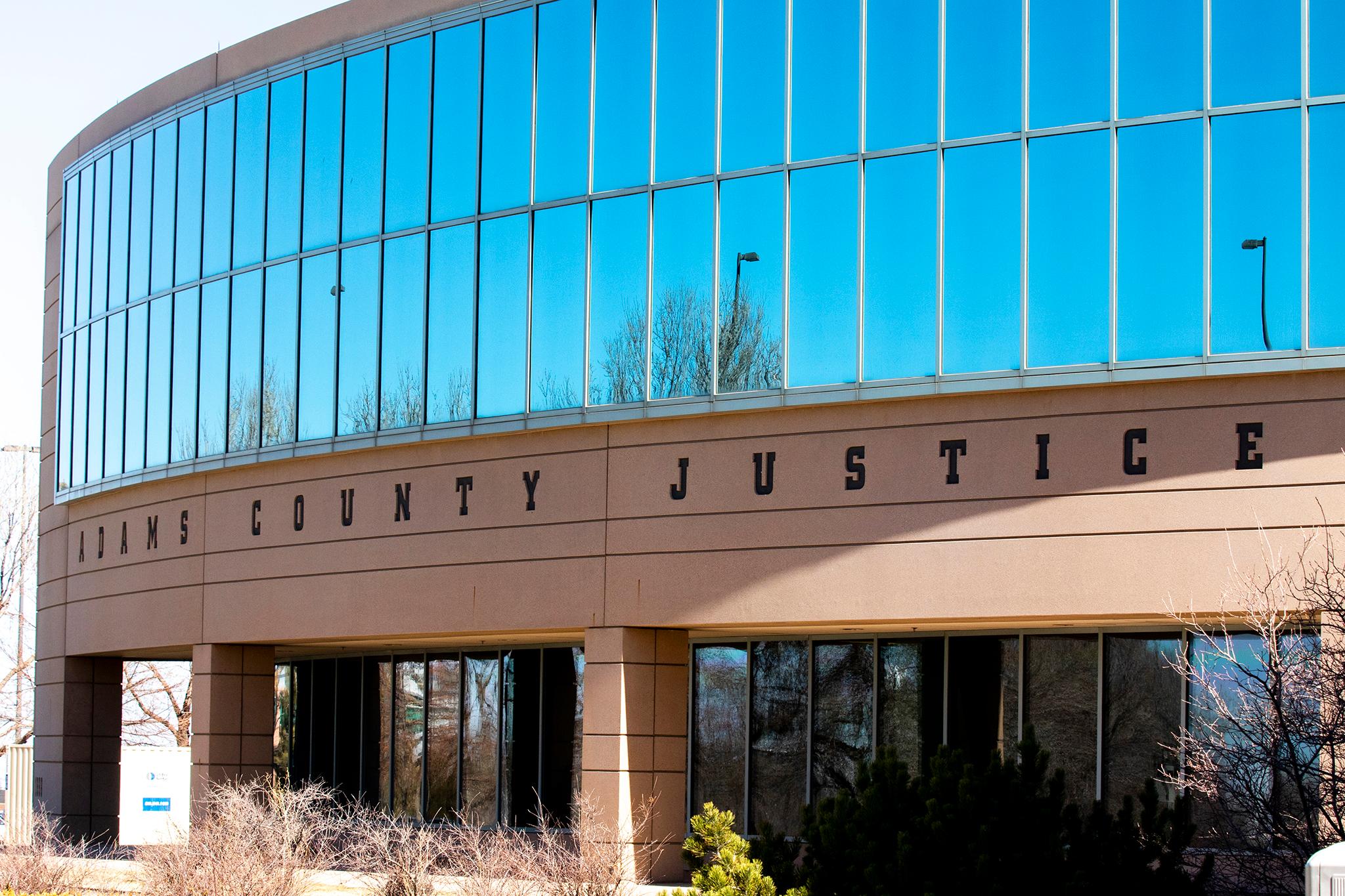
ICE says it will stop letting detainees go to criminal court in some Colorado counties
In an email sent this week, ICE said it would still honor court appearances, but only if those appearances can be made over video links from the detention center.


Colorado mandated reporting on police violence, five years later, the data is mostly useless
Some of Colorado’s largest departments say computer problems have prevented their full data from being presented by the state. Other departments just haven’t provided any information and the state has taken no steps to force it.

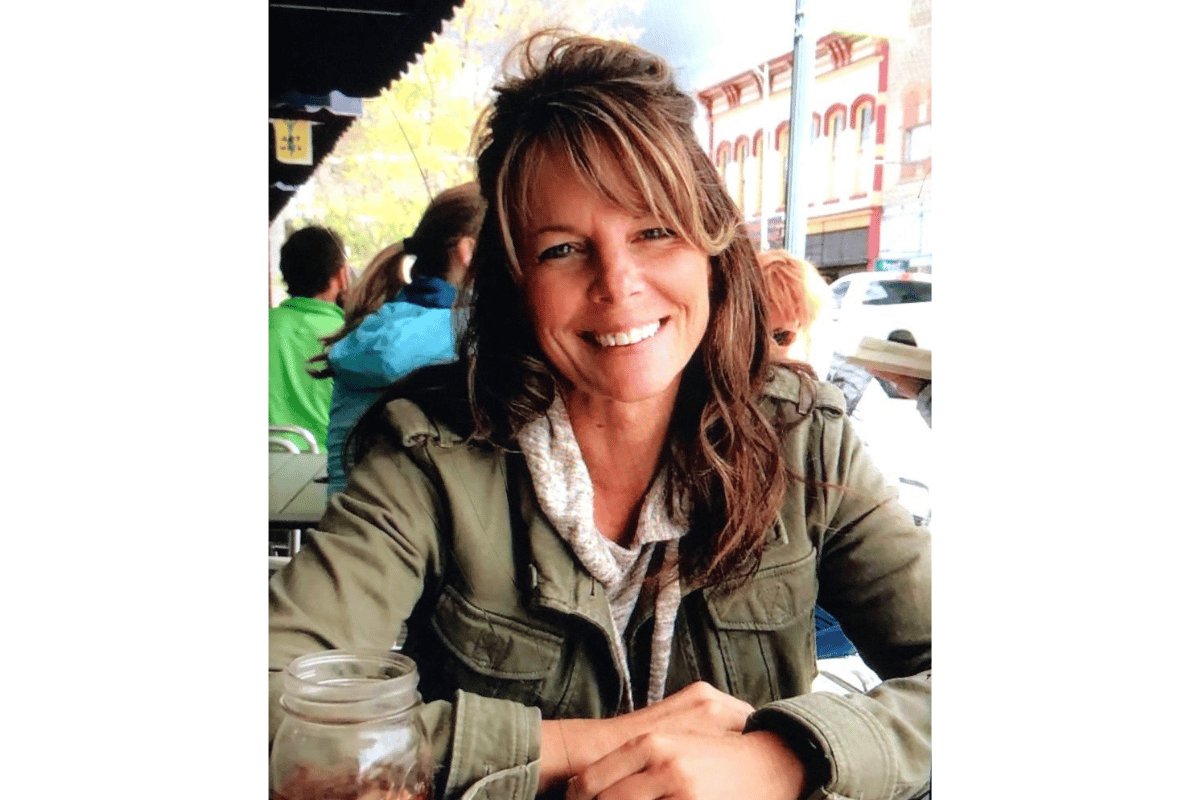
Barry Morphew indicted for murder in death of his wife, Suzanne
The coroner ruled her death a homicide, and found evidence of tranquilizer chemicals in her remains.

By Ben Markus
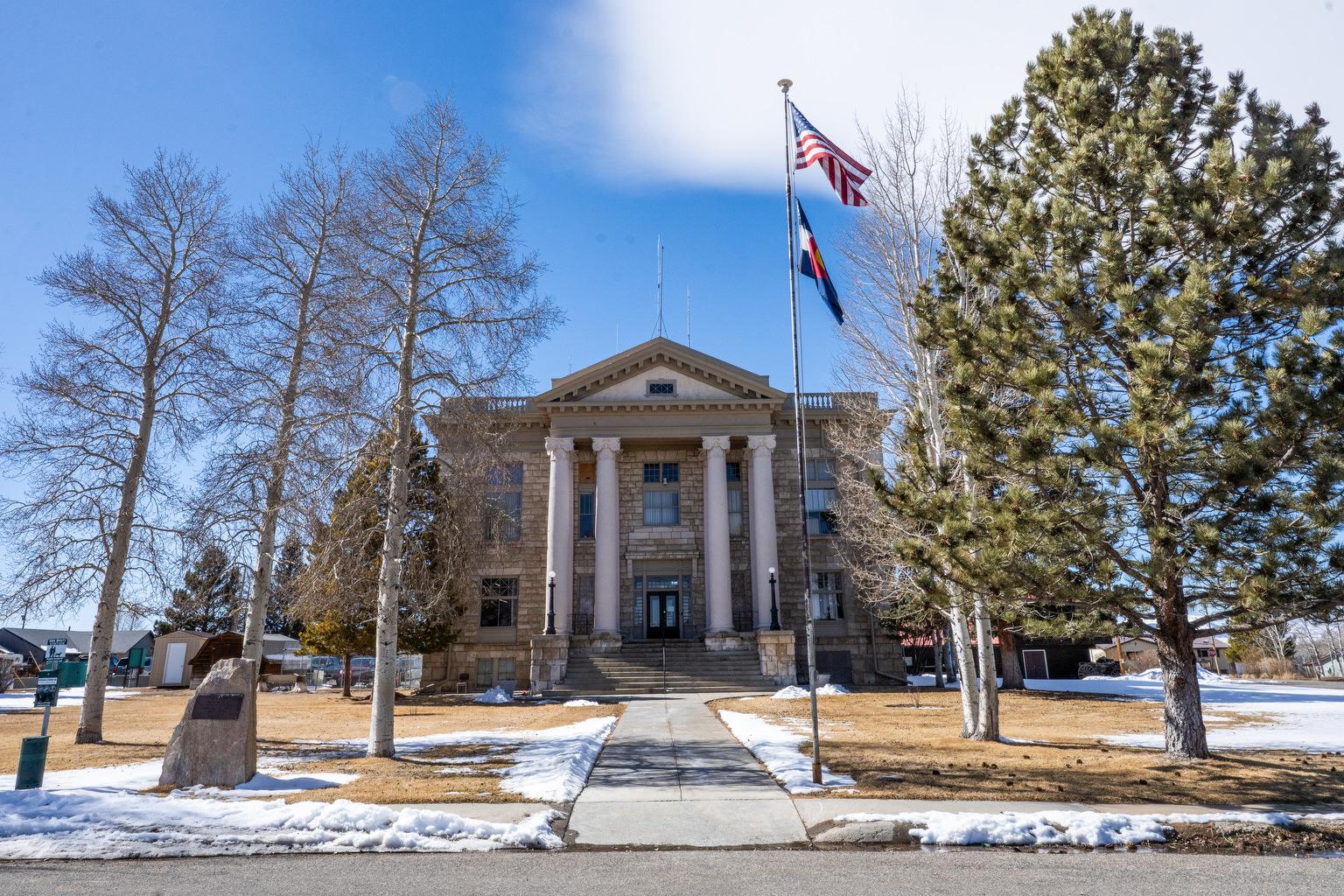
Rural Colorado county recalls its sheriff, and now residents worry about a busy weekend ahead
The sheriff of Colorado’s Jackson County was recalled by voters on Tuesday, plunging law enforcement in the rural county east of Steamboat Springs into uncertainty just as one of the […]

By Ben Markus
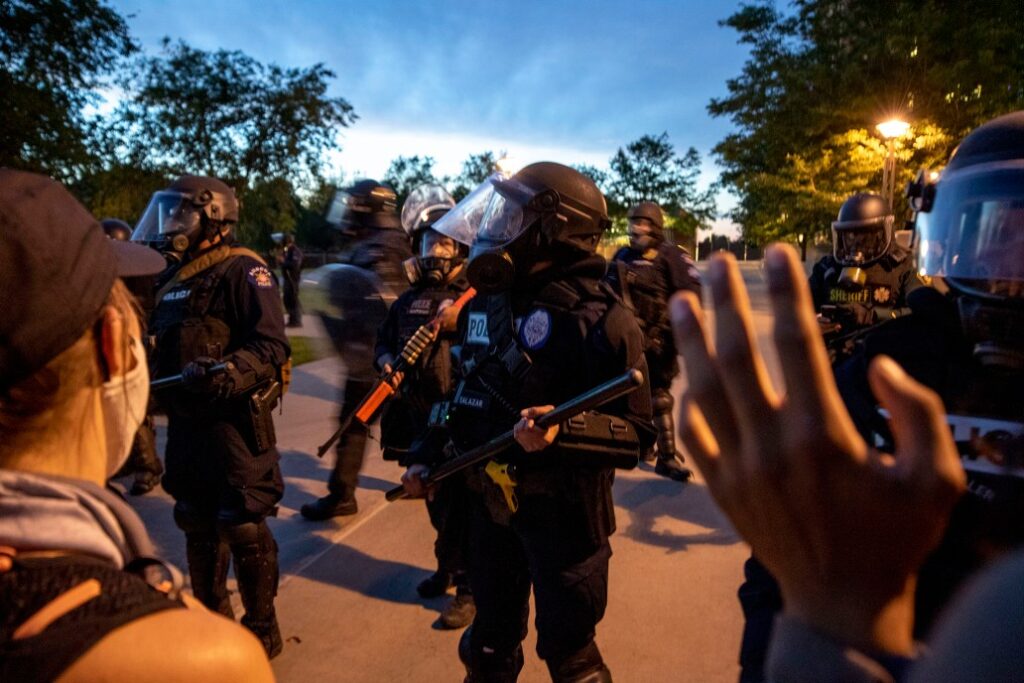
When Colorado rewrote the rules for policing
In 2020, Colorado became one of the first states in the nation to pass police accountability reforms in response to the Black Lives Matter movement. Five years on, where does that effort stand now?


Suspect in the Boulder attack on a march to support hostages held by Hamas had planned for a year
Eight people were injured in what’s being investigated as an act of terrorism.


Sanctuary list causes statewide scramble among counties
Two big counties managed to get removed, others are trying.

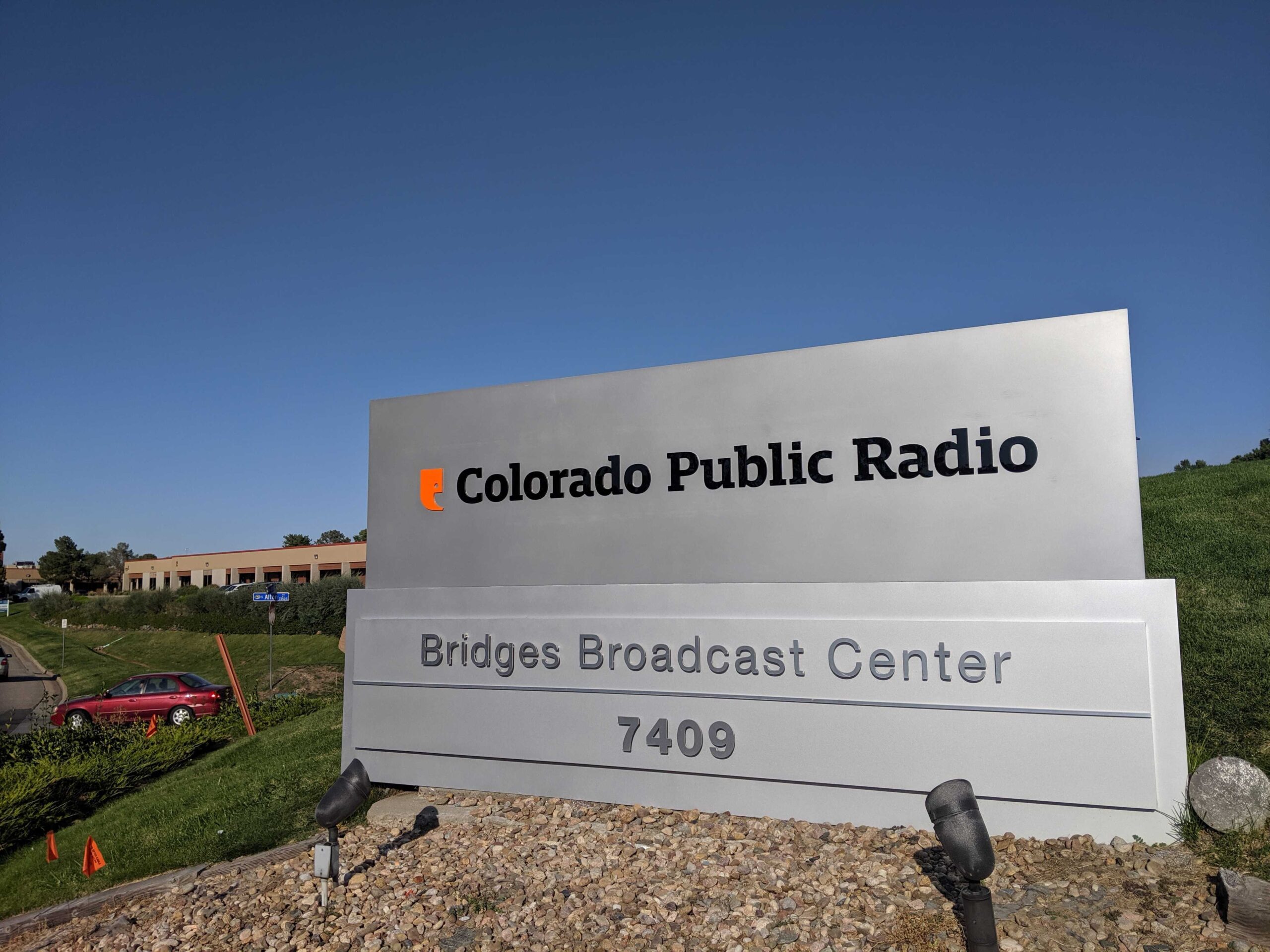
Colorado Public Radio, NPR and stations in Aspen and Ignacio sue Trump over funding cuts, restrictions
The suit points to remarks Trump has made claiming that public broadcasting is biased against him as evidence that he is using the threat of funding cuts to chill the First Amendment rights of the broadcasters.

By Ben Markus

Colorado sports betting revenues keep rising, even through the occasional sportsbook setback
The increased interest in sports betting means more tax revenue for Colorado.

By Ben Markus

Fort Carson soldier arrested on drug charges following Sunday morning raid in Colorado Springs
The Federal Bureau of Investigation arrested an Army infantryman on cocaine distribution charges on Wednesday. A spokesperson at Fort Carson declined to say if it was related to a raid at an underground club over the weekend.

By Ben Markus

Colorado janitorial companies fined by ICE for hiring at least 143 unauthorized workers
Three janitorial companies were hit with more than $8 million in proposed fines from federal immigration authorities for employing at least 143 unauthorized workers.

By Ben Markus

Colorado traffic deaths plunge as the year begins, with less speeding, impairment cited
“The simple answer is that people are driving more safely.”

By Ben Markus

Fremont County traffic stop yields a van full of ammo
The men, from Mexico with valid B-2 tourist visas, told investigators they purchased the ammunition in Utah, and the bullets were destined for Pueblo, Colorado.

By Ben Markus

Western Slope judge warns ICE to stop civil immigration actions in courthouses
Workers at the Garfield County courthouse say ICE has been a steady presence there, detaining between five and 10 people since January who were either in the courthouse or just outside of it.

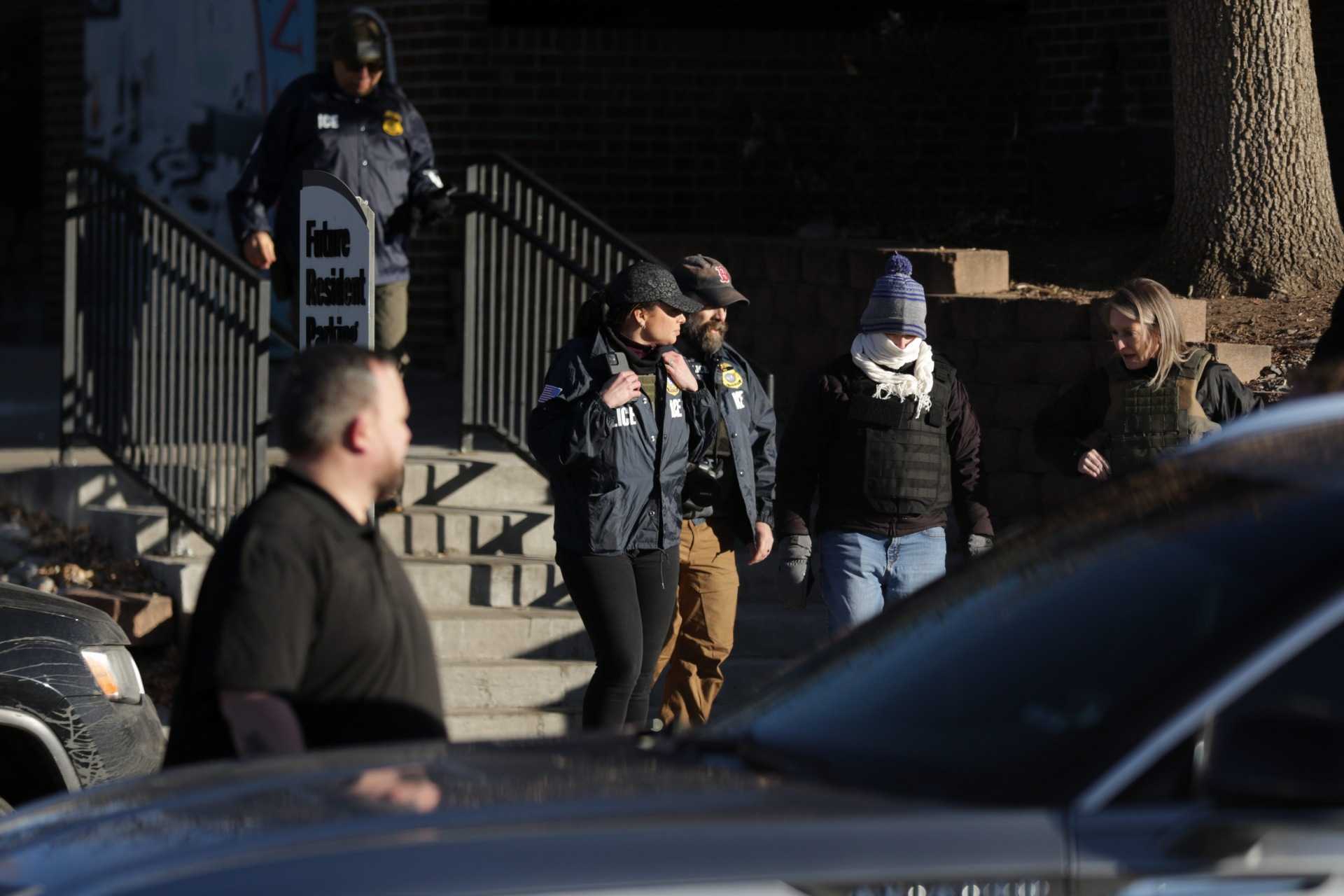
ICE detention, deportation can deny justice in local criminal cases, frustrating prosecutors
In recent weeks, ICE agents have been grabbing criminal defendants out on bail and fast-tracking them out of the country to meet President Trump’s demands for mass removals without regard to victims’ rights or the judicial system.


As ICE expands its Colorado efforts, many without criminal records are caught in a wide net
“They just need to deport people.”

